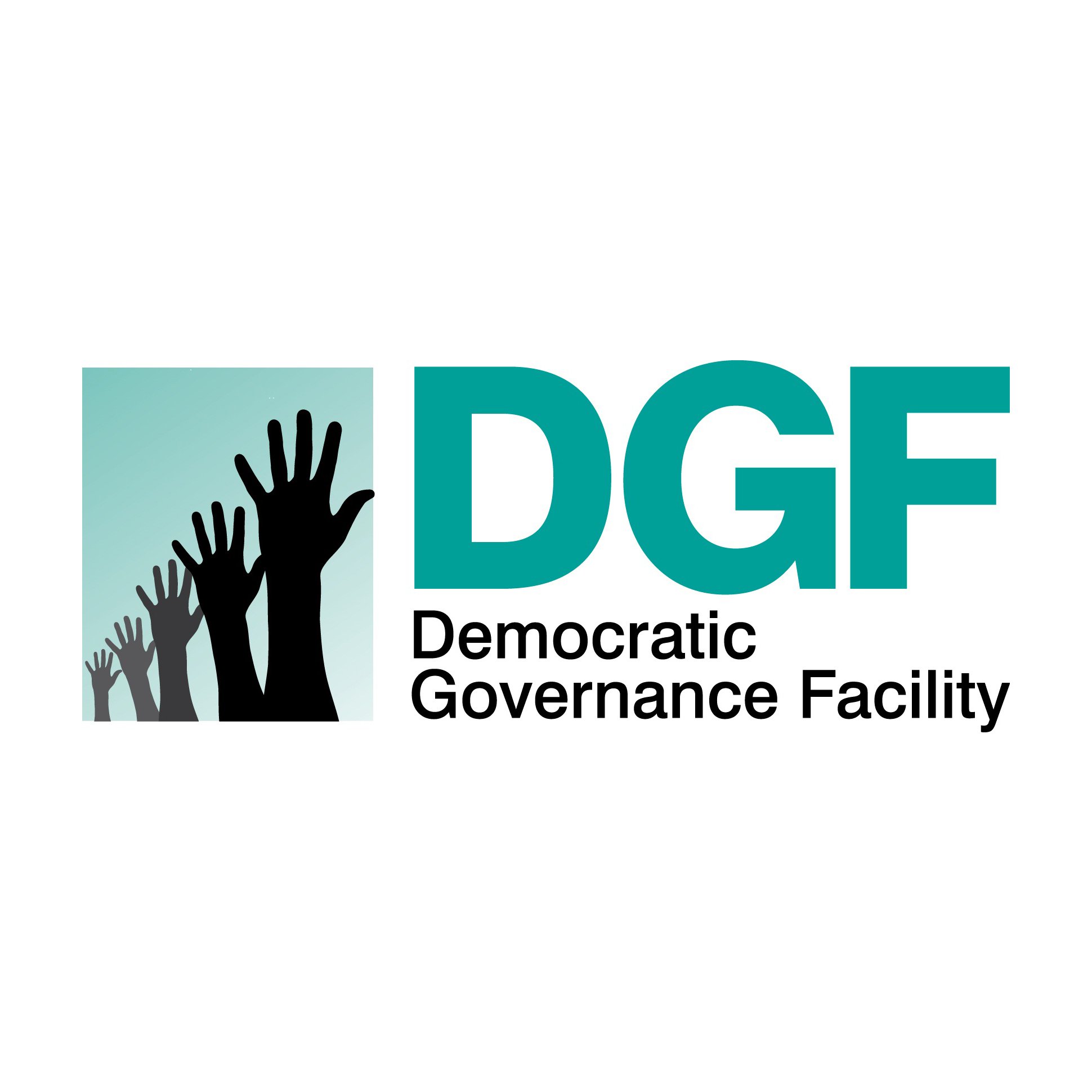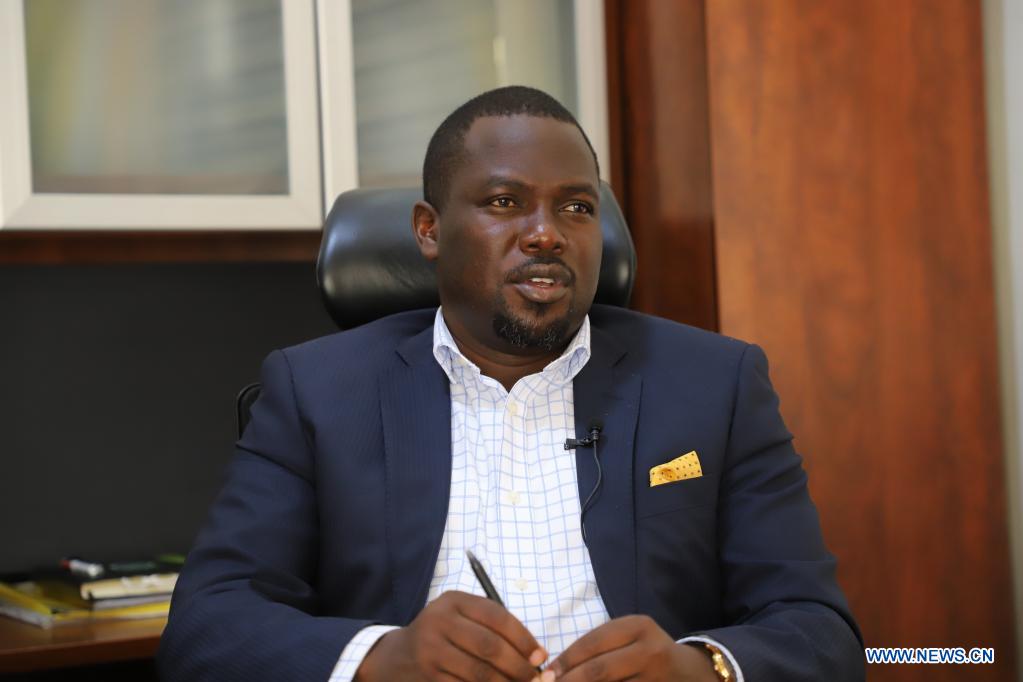The Swedish Ambassador to Uganda Maria Håkansson has said that the continued closure of the Democratic Governance Facility-DGF is greatly affecting communities that were beneficiaries of its activities.
DGF, the single biggest donor basket established by development partners was suspended early this year after President Yoweri Museveni accused the Ministry of Finance of irregularly authorizing funding, to a tune 500 billion Shillings, to be operated exclusively by foreign missions in Uganda.
He said that the approval of DGF operations, without government oversight tantamount to surrendering the sovereignty of the people of Uganda to foreign interests.
The suspension however crippled activities of several organizations, the majority of which are engaged in promoting accountability, good governance, human rights, democracy, service delivery monitoring and capacity building. Since then, there have been protracted negotiations between countries that fund DGF and the government and it’s not yet known how far these talks have gone.
However, Maria Håkansson said they are hopeful that the talks that they are currently involved in with the government will end up with the reopening of DGF. She was speaking at Sheraton Kampala Hotel during celebrations to mark The International Day of Democracy, celebrated around the world to encourage governments to strengthen and consolidate democracy.
On the theme of the day, the Ambassador said the COVID-19 pandemic has negatively affected the growth and blossoming of democracy not only in Uganda but across the world.
“We are in the middle of a pandemic that has brought devastating human costs; new strains on our open societies and disruption to economic activity. Our vulnerabilities have been exposed. Democracy, respect for human and economic development have suffered during the pandemic in Uganda, in Sweden, in Europe and elsewhere,” Håkansson said.
Research by Vanessa Alexandra Boese a post-doctoral fellow in varieties of democracy at the V-Dem Institute at the University of Gothenburg Sweden, shows that since 2020, the number of people across the world living under autocratic regimes has increased from 06 to 34 per cent. Uganda was categorized as an electoral an autocratic country that holds regular elections and has all hallmarks of an autocratic regime.
For her part, Anna Merrifield, the deputy European Union, Charge d’Affaires pledged that they will continue to support Uganda’s path to democratization. She added that the EU is convinced that they have a comparative advantage in supporting democracy and human rights.
***
URN
![]()

























